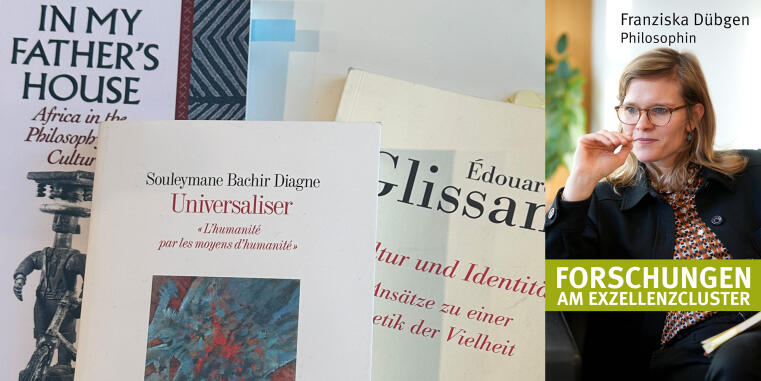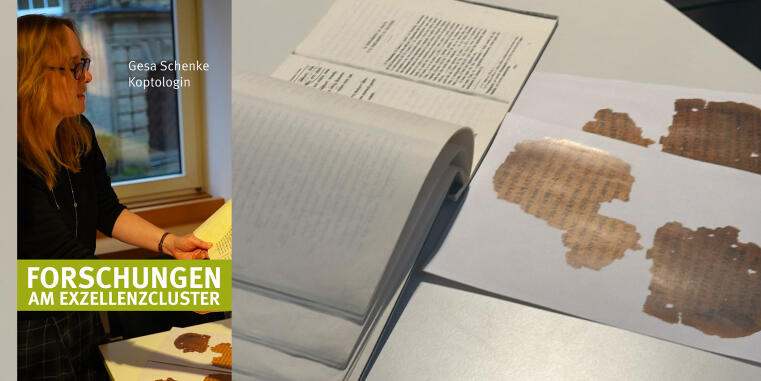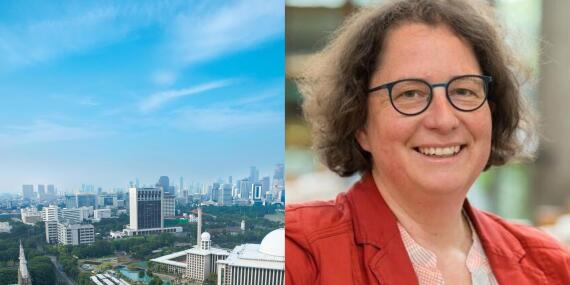



Established in 2007, the Cluster of Excellence ‘Religion and Politics’ will continue to study the complex relationship between religion and politics across epochs and cultures until 2027. The approximately 150 researchers from 20 disciplines in the humanities and social Sciences focus on Europe and the Mediterranean region, and their interconnections with the Middle East, Africa, North America and Latin America. The Cluster is the largest of its kind in Germany and the only Cluster of Excellence to focus on religion. Since its inception the Cluster addresses a wide range of historical and contemporary issues. continue
